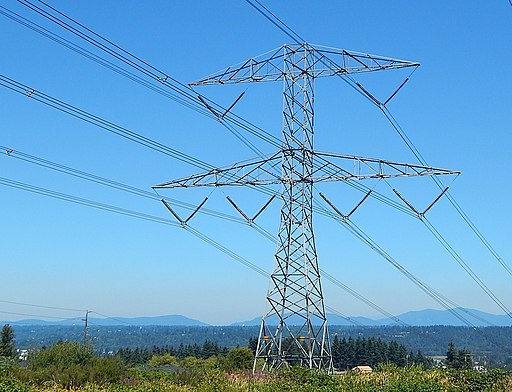
Unless there’s some dramatic change in the political landscape over the next month or so, I believe that the US House of Representatives will impeach President Donald Trump.
Unless there’s some dramatic change in the political landscape between now and Trump’s trial in the US Senate, I don’t believe the Senate will vote, by the necessary 2/3 majority, to convict him.
Taken together, those two outcomes constitute a bad thing. Here’s why:
If I’m correct on the first count, Donald Trump will become the third US president to be impeached by the House (the first two were Andrew Johnson in 1868 and Bill Clinton in 1998).
If I’m correct on the second count, Donald Trump will become the third US president to be acquitted by the Senate.
When Johnson and Clinton were impeached, no reasonable doubt remained that they were guilty of at least some of the charges laid in their articles of impeachment. Johnson had indeed dismissed Secretary of War Edwin Stanton from office after the Senate had voted not to concur with his dismissal. Clinton had indeed lied under oath concerning his sexual relationship with Monica Lewinsky.
If Donald Trump is impeached, he will likewise be charged with one or more things which he, beyond a reasonable doubt, actually did.
In theory, the House’s job is to decide whether or not an act is worthy of impeachment, and the Senate’s job is only to determine whether or not the president actually committed that act.
In real life, this will make three times out of three that the Senate engages in a form of jury nullification. At least 34 Senators will vote, in the face of facts plainly demonstrating guilt, to acquit.
Blame partisan bias if you like.
Or, if you prefer, accept some Senators’ claims that they disagree that the acts in question, though proven, rise to the level of treason, bribery, or “high crimes and misdemeanors.”
Either way, a three for three record of acquittals sends a message to every future president:
So long as your party can whip 34 Senators into line to vote against conviction, anything goes.
Fans of the separation of powers envisioned in the Constitution have bemoaned “the imperial presidency” since the 1960s.
Trump has openly and routinely hacked away at that fraying separation. Impeachment and acquittal would be an injection of steroids in his sword arm.
Absent conviction, impeachment isn’t just useless, it’s catastrophic.
Thomas L. Knapp (Twitter: @thomaslknapp) is director and senior news analyst at the William Lloyd Garrison Center for Libertarian Advocacy Journalism (thegarrisoncenter.org). He lives and works in north central Florida.
PUBLICATION/CITATION HISTORY
- “The Downside of Impeachment,” by Thomas L. Knapp, Salt Lake City, Utah Weekly, 10/16/19


